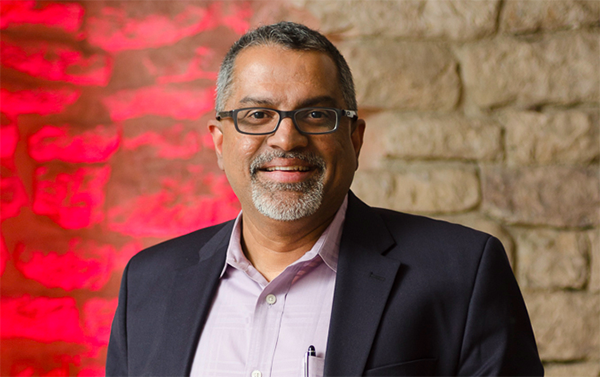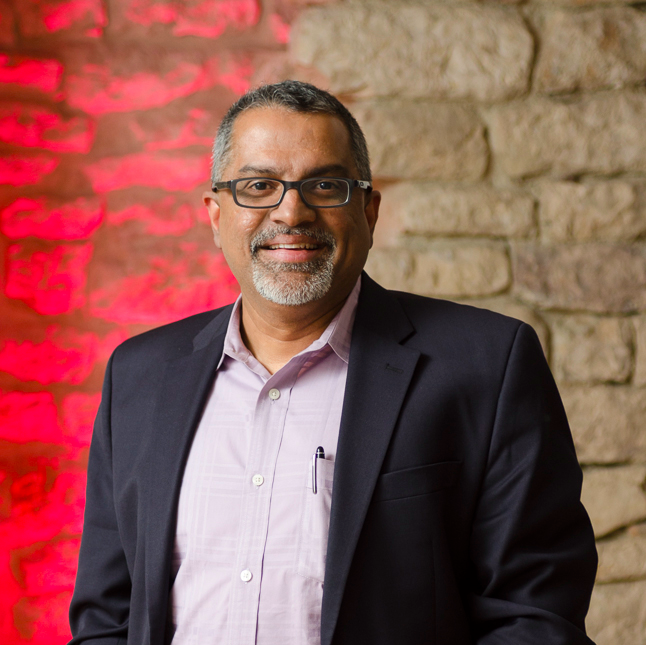
photo by Mattia Micheli and Pietro Viti via FocusOnIJF
“Tough topics can mean being under a hail of bullets literally or being under a hail of bullets figuratively.”
That was panellist’s Lucy Marcus’ response to the opening statement from Ed Fraser of Channel 4 News at the Covering the Tough Topics panel discussion last Saturday. Fraser’s interpretation of tough topics was covering war in Africa and the Middle East. Marcus’ – about shedding light on what goes on in company boardrooms on her Reuter‘s blog.
Fraser’s approach gave a clichéd way of looking at certain parts of the world. That type of reporting and narrow focus reflects and drives the narrow, ignorant view many people have of Africa and the Middle East. Alexander Goerlach from The European unwittingly gave an example of such a view by following Lucy Marcus’ comment with “you don’t have to go into the jungle or the boardroom”, as he explained his take on tough topics – debate journalism.
My first question to Raju Narisetti, Deputy Head of Strategy for News Corp, therefore was about why certain parts of the world are largely covered in terms of conflict. Perhaps we could view tough as taking the time and energy to provide a more nuanced coverage.
Tough = Conflict?
It’s a very stereotypical way of covering Africa because you could write about social issues, you could write about economic issues, you could also write about people doing well under in very difficult circumstances. Most Western newsrooms, because they have very few staff tend to zero in on the difficult stories in terms of turmoil, violence and trouble. I think it’s a lens that needs to change but doesn’t change fast enough.
Do you see that changing?
I think the rise of social media, the rise of user-generated content and the ability to start newsrooms has actually been a good thing because our Western media’s influence and power is starting to diminish. Even if the Wall Street Journal or New York Times don’t write anything about school girls [in Nigeria] being abducted, there’s still plenty to read because there’s a lot of content coming in.
If you’re asking me whether big media companies will emerge to focus on these issues, that’s going to take a while. Take the example of Syria Deeply. I don’t think anybody disagrees that they’ve done an amazing job keeping the focus on the conflict, having some compelling stories and making sure that you realise that there is a lot more going on than you’re covering. But the struggles they are having in making it viable financially means that there will always be difficulty in scaling that up.
So it is driven by business.
The reason China is being covered significantly more and with different lenses is because it’s become a much larger economic partner for a lot of the Western world. Or even the Eastern world. India covers China in a big way because it’s a trading partner. Australia does the same thing and that, no media company can change that.
When I ran WSJ Europe, I was responsible for Africa. The Africa bureau chief for the WSJ used to cover it from Rome. This was ten years ago. Today, we have a very strong bureau in South Africa and we have correspondents in a few parts of Africa, we probably have about eight or nine people. So from the Wall Street Journal’s point of view we’ve gone from one person covering it out of Rome to eight people in a matter of six or seven years with no increase in Africa readers for us.
Mr Narisetti’s use of a lack of growing reader interest in WSJ’s Africa coverage as a reason for the relative lack of reporters on the ground is odd as his key point during the panel discussion was that the responsibility for a lack of audience interest was “probably not with the audience but because of not engaging audiences”.
His spoke about using data and digital tools to make local news in the U.S. more relevant to audiences which in turn drives greater page views and reader engagement.
“You could write a story about how roads are terrible or you could say – put in your zip code and find out how many pot holes you have around where you live. That story becomes a much more relevant story”.
It seems a shame that the application of this realisation appears to be geographically limited.
It’s not a case of positive stories but more complexity of all the issues that lead up to a conflict, even if one continues with a conflict-driven agenda.
“Time and distance cause problems in covering all the nuances but I think the emergence of more vibrant media in each of these regions is helping because you’re being shamed in some cases by saying look at what X or Y paper did out in that country and you’re having to follow some of that. So hopefully that will happen, the pace at which it happens is never satisfactory to anybody.”
A plurality of sources is of course a wonderful thing but Syria Deeply does not have the same reach as WSJ or NYT. If the emergence of these alternative news sources remain an excuse by large media companies not to extend their Africa or Middle East coverage for instance, then the current situation will get worse before it gets better.


